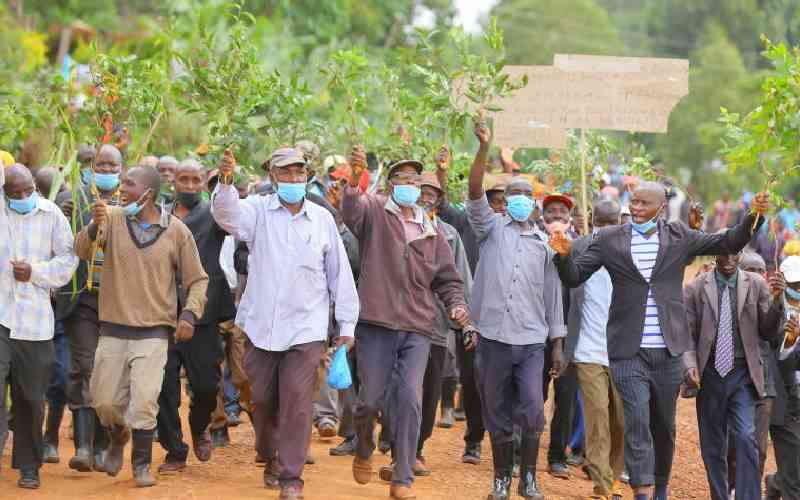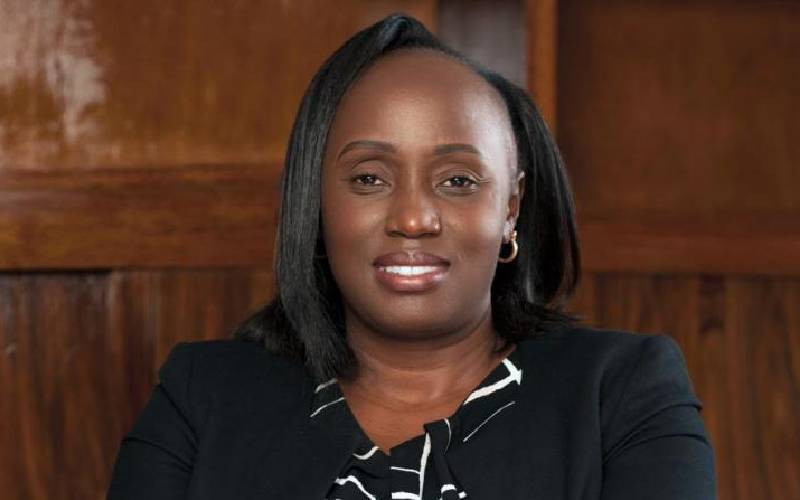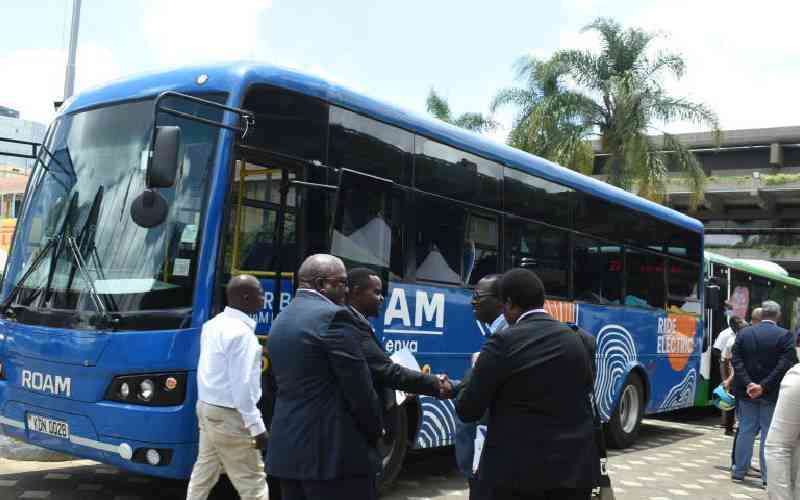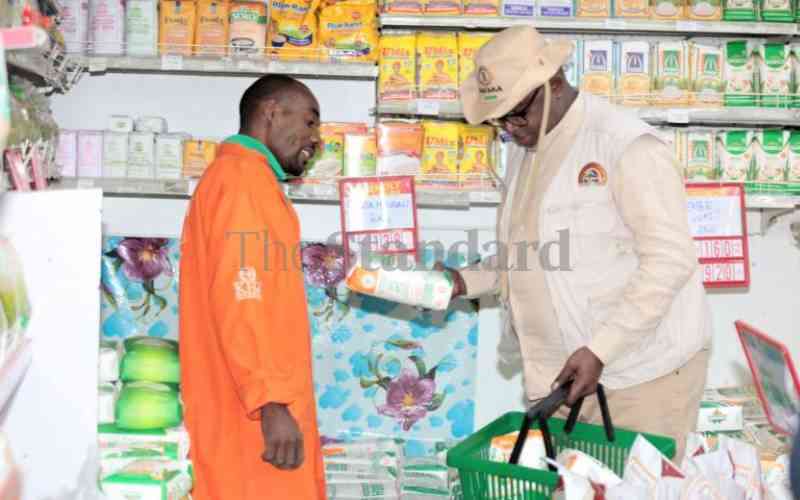
Motorists will be forced to dig deeper into their pockets to enjoy a ride on some of the country’s best roads.
This is after the Government announced it will partner with private-sector investors to finance five major roads through a public private partnership (PPP) arrangement at a cost of Sh380 billion. After completion of the roads, private investors will then charge user fees, known as toll fees, to recoup their investments. They will operate and maintain the roads.
Currently, motorists are charged a fuel levy, which is used for maintenance of the roads.
“One of the innovative mechanisms the Government has identified for the road delivery and maintenance is through the public private partnership. This implies the roads built or maintained with private capital with the private partner recovering the investment over the life of the contract by charging road tolls to motorists using such roads,” said Infrastructure Principal Secretary John Mosonik. He added the investors will be around for 30 to 35 years.
The tolling policy is currently being discussed by the Cabinet and will soon reach Parliament for debate. Five transport corridors that have been earmarked including the Nairobi-Mombasa; Nairobi-Nakuru-Mau Summit; Second Nyali bridge that is supposed to connect Mombasa Island to the mainland; Nairobi Southern bypass and Thika Superhighway.
With a public that already feels overburdened with taxes, it is going to be interesting to see how an extra charge on use of the roads is going to be received.
However, the Government was quick to allay fears on the additional charges noting that motorists will be able to get value for their money by spending less time on the road as they drive on well-maintained road.
The issue of toll fees gained prominence in February when the Kenya National Highways Authority put up billboards notifying motorists of its intention to start charging toll fees to develop the country’s roads. A fact that was faulted by the Cabinet Secretary for Transport and Infrastructure James Macharia.
Macharia noted it was wrong for the agency to erect the billboards even before the tolling policy had been completed. “Whereas the Government has proposed to develop and maintain some roads in the country through road tolls, the said billboards were premature and unauthorised, as the Government is yet to adopt an elaborate policy on road tolling,” said Macharia.
Annuity programme
The Government would like to plug a Sh230 billion budget deficit on infrastructure. In the 2016/2017 financial year, the Ministry of Transport received Sh170 billion from the exchequer, according to Mosonik. He said the roads sector benefited from a budgetary allocation of about Sh140 billion from the exchequer, plus an additional Sh30 billion from fuel levy.
“So when you look at Sh170 billion, which is equivalent 53 per cent from Government of Kenya and 47 per cent from development partners. All these are supposed to rehabilitate and construct the rural roads,” he said, noting that maintenance has, however, increased with the result that the Government was forced to increase fuel levy from Sh12 per litre to Sh18 per litre.
“We have to look at where to have to bring on board the private sector,” said Mosonik, noting that this includes the annuity programme. The programme, Mosonik said, has only been delayed due to its complex nature.
The Government officials, including those from the Kenya National Highways Authority and Kenya Urban Roads Authority, dismissed claims that toll fees would amount to double-taxation, as motorists will pay for the use of the product.
There were fears that introduction of toll fees, especially on Thika Superhighway would amount to double taxation. However, the Director General at KENHA said motorists will only pay for such a road if they use it. “If you are in Kisumu then you won’t pay for Thika Superhighway.”
He said unlike the fuel levy fund, which is used for maintenance of roads, toll fees will be used for the development of the roads. “Taxation normally is reversal. If you are living in Kisumu and you are not using Thika Road, you are not told to pay for that Thika Road. It is only that person who is using Thika Road that will pay,” said Kenya National Highways Authority Director General Peter Mundinia, who added that the person in Kisumu will only pay fuel levy.
 The Standard Group Plc is a multi-media organization with investments in media
platforms spanning newspaper print operations, television, radio broadcasting,
digital and online services. The Standard Group is recognized as a leading
multi-media house in Kenya with a key influence in matters of national and
international interest.
The Standard Group Plc is a multi-media organization with investments in media
platforms spanning newspaper print operations, television, radio broadcasting,
digital and online services. The Standard Group is recognized as a leading
multi-media house in Kenya with a key influence in matters of national and
international interest.
 The Standard Group Plc is a multi-media organization with investments in media
platforms spanning newspaper print operations, television, radio broadcasting,
digital and online services. The Standard Group is recognized as a leading
multi-media house in Kenya with a key influence in matters of national and
international interest.
The Standard Group Plc is a multi-media organization with investments in media
platforms spanning newspaper print operations, television, radio broadcasting,
digital and online services. The Standard Group is recognized as a leading
multi-media house in Kenya with a key influence in matters of national and
international interest.










